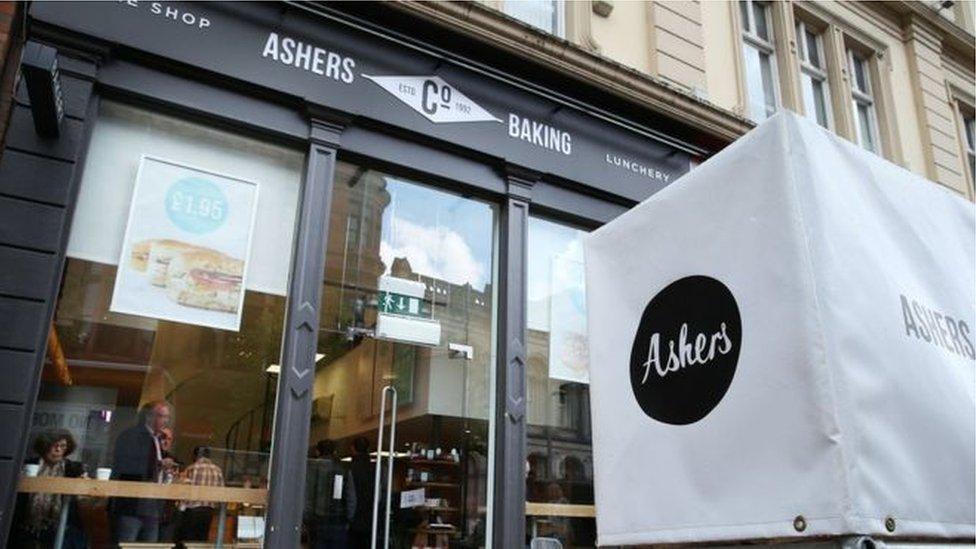Supreme Court judge disagreed with abortion ruling
- Published
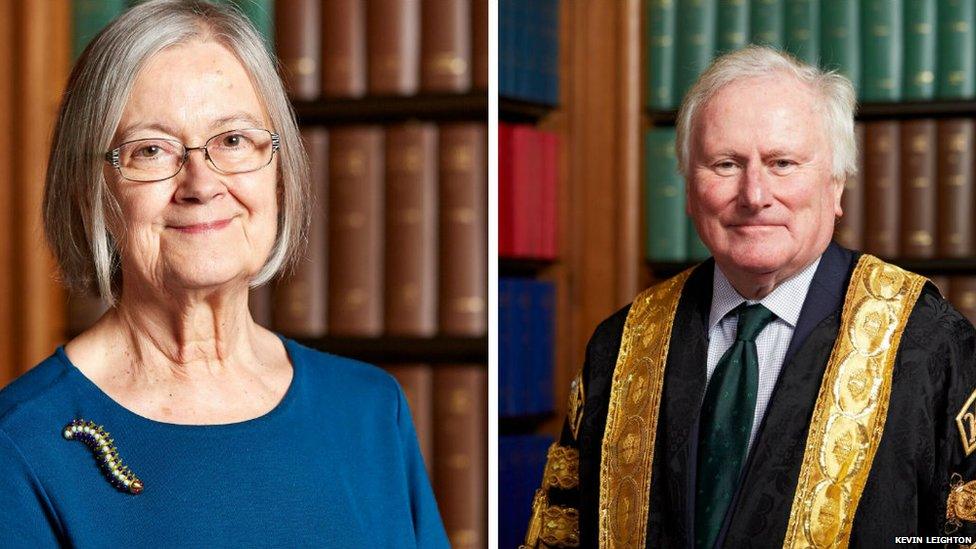
Lady Hale and Lord Kerr are Supreme Court judges
The president of the UK's highest court has said she disagreed with its decision to reject an appeal for women from Northern Ireland to receive free abortions on the NHS in England.
One of those who dissented was Lady Hale, the president of the court.
She told the BBC that while she accepted the majority decision, she would have allowed the appeal.
"I didn't agree with the majority judgement, but of course we loyally then accept that the majority's view is the law, that's how things work," she said.
"But two of us, including Lord Kerr, who is our Northern Ireland justice on the Supreme Court, he and I both thought that there was a duty to provide abortions for women from Northern Ireland in England, or indeed in Wales or Scotland."
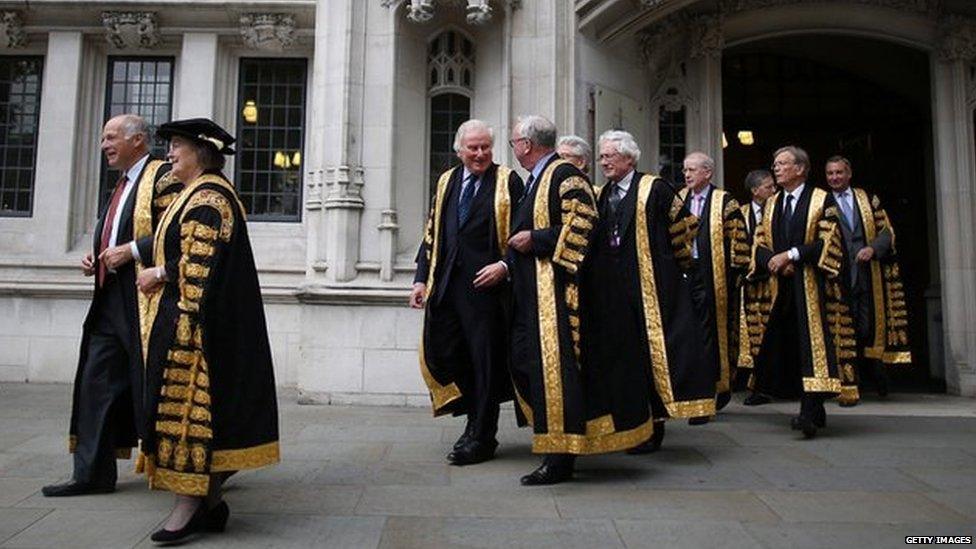
The Supreme Court was established in 2009, taking on the role previously held by the Law Lords
Two weeks after the decision, the government announced that women from Northern Ireland would be able to get free abortions in England.
The devolved administrations in Scotland and Wales made similar announcements.
In an interview with the BBC, Lady Hale suggested the legal challenge by the mother and daughter had a direct bearing on those decisions.
"The interesting thing about the case of course was that there was immediate political change," she said.
"So sometimes if you don't bring about legal change the fact that there's been a legal case highlighting an issue and indicating how evenly balanced the arguments are can lead to political change."
'Don't think alike'
The first woman to be appointed as a Law Lord in 2004, Lady Hale has spoken previously about her disappointment at the lack of women at the top of the judiciary.
She was the first female justice appointed to the UK Supreme Court, its first deputy president and its first female president.
Two of the 12 judges are women.
Asked if she believed the ruling on the abortion appeal might have been different if there are been more women judges, she said: "I have no idea. Women are different from one another, they don't all think alike.
"I suppose one is always disappointed if one is in a minority, I'm not sure that it was particularly a feminist disappointment, it was just a judicial disappointment. But as I say, we loyally accept the decision for what it was."
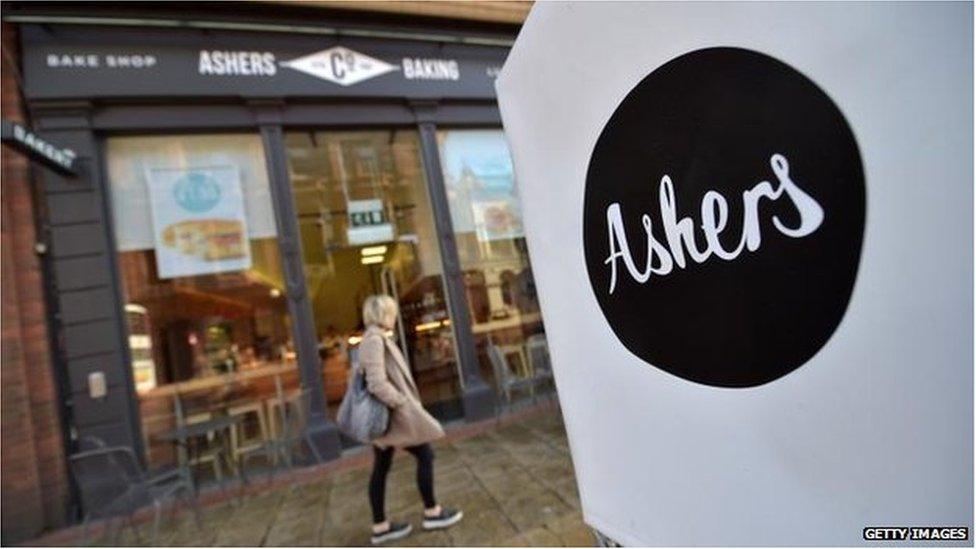
The Supreme Court will consider a judgement against Ashers Bakery in the so called "gay cake" case.
She was also asked about the announcement last week that a government consultation on how best to deal with the legacy of the Troubles will ask the public for their view on a possible statute of limitations for members of the armed forces.
The House of Commons defence select committee has backed such a move, but said it received legal advice that it would not be possible for such a statute to only apply to former soldiers.
Lady Hale was asked if she believed such a measure could only be applied to one section of the community, and if a legal challenge to such legislation would be likely to succeed.
"That's not a question I can answer," she said.
"It's too political and I cannot speculate about what the outcome of any legal proceedings might be."
The Supreme Court president was speaking to the BBC in an interview to announce its first visit to Northern Ireland next year.
Five of the judges, including Lady Hale, will travel to Belfast in April to consider two cases.
One of them will be a judgement against the Christian-owned Asher's Bakery in the so called "gay cake" case.
- Published21 July 2017
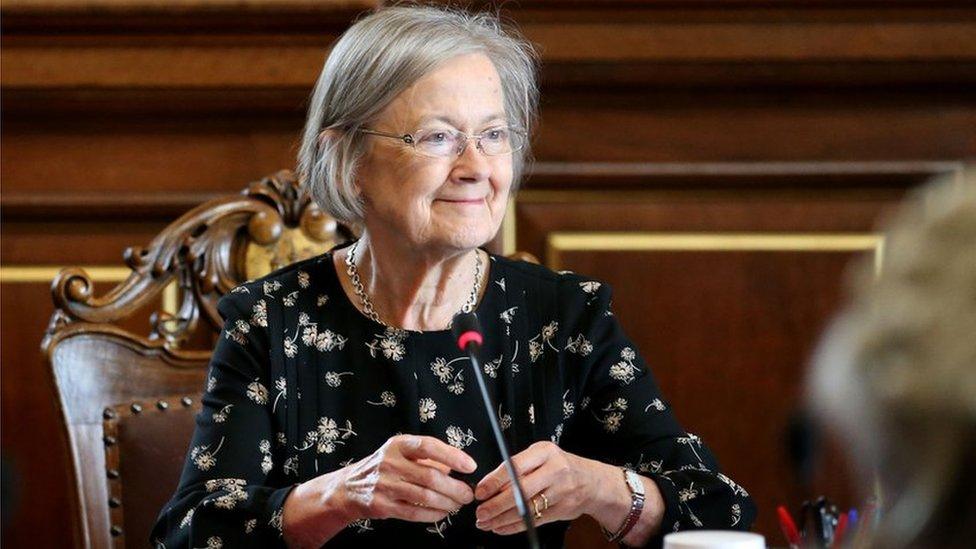
- Published27 November 2017

- Published21 July 2017
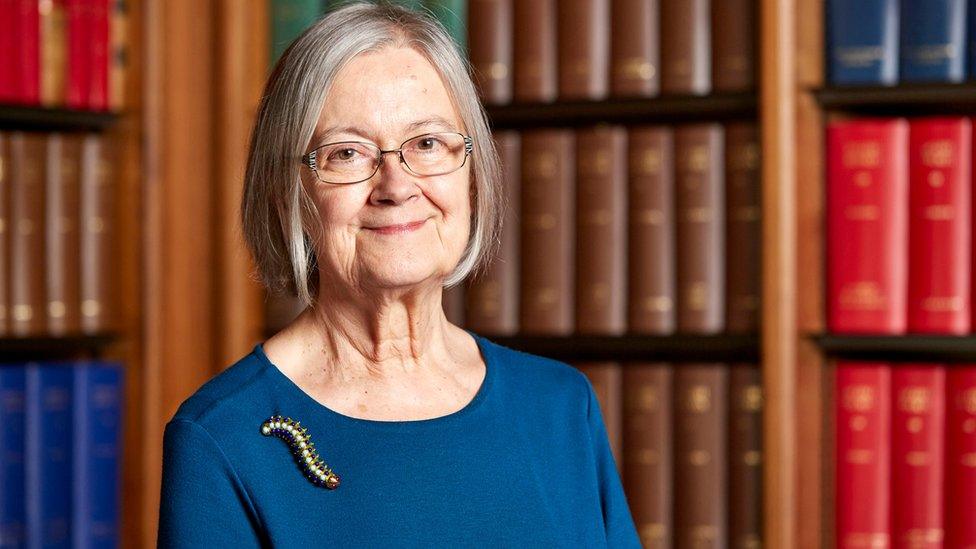
- Published14 June 2017
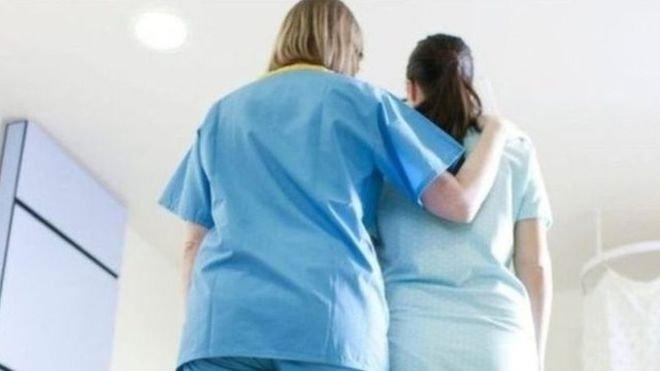
- Published24 October 2016
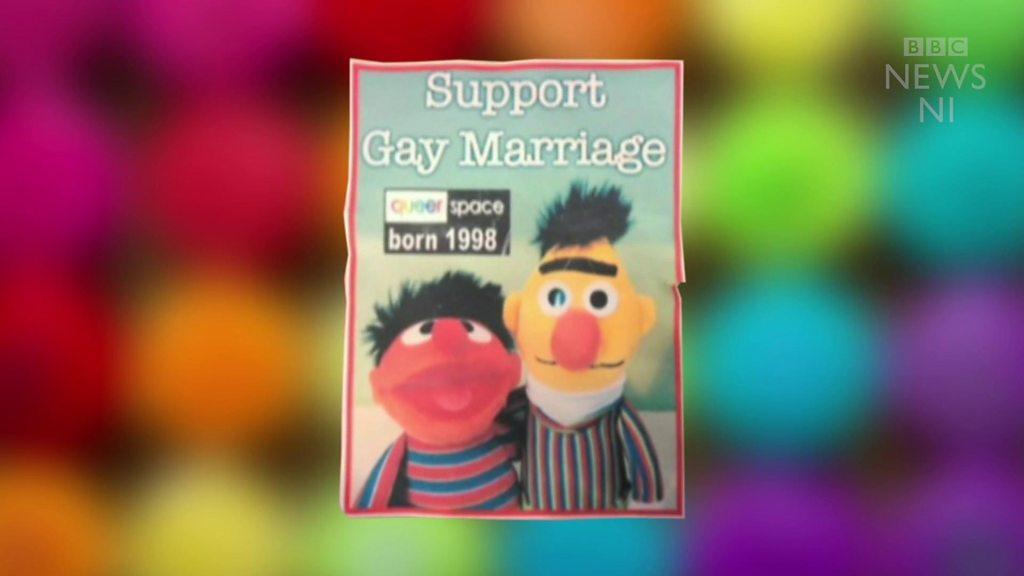
- Published24 October 2016
